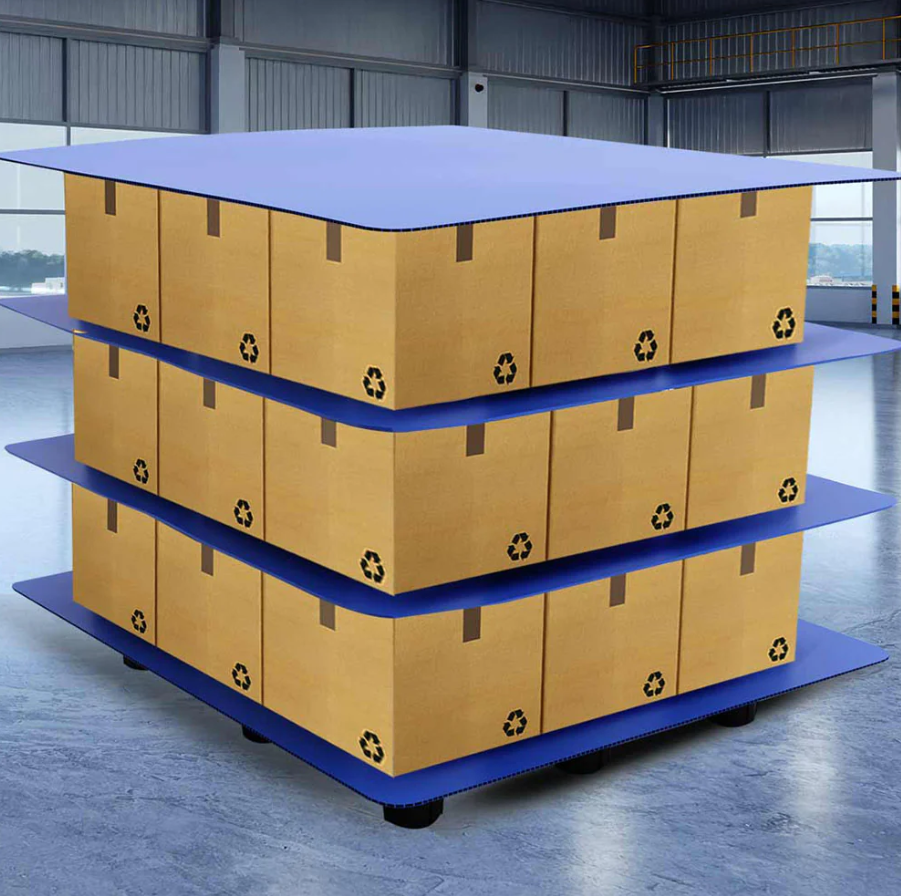
In today’s fast-paced, visually-driven world, first impressions matter—especially in business. Whether it’s a retail outlet on a bustling street, a corporate office in a tech park, or a warehouse in an industrial area, the signboard is often the first touchpoint between an organization and its audience. Behind every well-crafted, eye-catching, and informative signboard lies the precision and expertise of sign board manufacturers—an industry that has evolved significantly over the past few decades.
Why Signboards Still Matter
In a time dominated by digital marketing, one might assume that traditional signboards have lost relevance. However, they remain an essential element of physical branding. Signboards serve many purposes:
Brand Recognition: A well-designed signboard acts as a visual anchor for a brand. It often features logos, fonts, and colors that are instantly recognizable.
Wayfinding and Navigation: In large buildings, malls, or public spaces, signboards are essential for directing people effectively.
Legal and Safety Requirements: In industrial zones or public infrastructure, safety signs and informational boards are mandatory and regulated.
Given their impact, the role of sign board manufacturers becomes pivotal. Their work bridges the gap between design creativity and durable, real-world functionality.
Evolution of Sign Board Manufacturing
Signboard manufacturing has come a long way from hand-painted wooden signs to precision-engineered boards made using modern materials and digital technologies. Earlier, manufacturing focused primarily on aesthetics, but today, it demands a combination of design, material science, compliance, and sustainability.
Modern sign board manufacturers work with various substrates like acrylic, polycarbonate, aluminum composite panels (ACP), foam boards, and even high-performance polymers. The printing techniques, too, have advanced from basic screen printing to UV flatbed printing, vinyl wrapping, laser cutting, and CNC routing.
Types of Signboards and Their Applications
A competent sign board manufacturer typically offers a wide range of signage types, each serving specific needs. Some common categories include:
Indoor Signboards: These include office directories, wall graphics, reception signage, and room identifiers. They are primarily about branding, decor, and orientation.
Outdoor Signboards: Designed to withstand weather conditions, these signboards are often used for shop names, roadside directions, and commercial buildings. They need to be durable and visible from afar.
Digital Signage: A growing trend where screens replace static boards. Digital signage is used for advertisements, menus, and real-time information updates.
Safety and Compliance Signs: Common in industrial areas, hospitals, and construction zones. These signs must follow strict regulatory formats and use universally recognized symbols and colors.
Promotional Signboards: Temporary signage used for events, offers, or seasonal campaigns. These are often made from cost-effective and lightweight materials for easy installation and removal.
Key Factors in Sign Board Manufacturing
For businesses and agencies looking to work with sign board manufacturers, several factors determine quality and effectiveness:
1. Material Selection
Durability and finish depend on the material. Manufacturers must guide clients on the most appropriate materials for the board's intended use—e.g., weather-resistant materials for outdoor signs or fire-retardant boards for specific environments.
2. Design & Customization
While the branding team provides the creative brief, it's up to the manufacturer to translate that vision into a physical form. This requires tools for precise color reproduction, accurate scaling, and font consistency.
3. Installation and Maintenance
The job doesn’t end with production. Many manufacturers offer installation services, ensuring that boards are safely mounted. Some also offer maintenance contracts, especially for illuminated or digital signboards.
4. Compliance with Regulations
Different municipalities have rules regarding the size, illumination, and placement of signage. Reputed sign board manufacturers ensure that the end product adheres to all legal requirements to avoid future complications for the client.
5. Sustainability and Waste Management
As environmental concerns grow, many manufacturers are investing in eco-friendly materials and sustainable production methods. Biodegradable inks, recyclable substrates, and efficient energy usage in production facilities are becoming new standards.
Technological Integration
Today, some manufacturers integrate IoT (Internet of Things) features into signage, especially for digital boards. This allows real-time updates, data tracking, and remote control. Even in traditional signage, QR codes and NFC tags can enhance interactivity by linking physical signs to digital platforms.
CNC machines and laser cutters allow for highly intricate and customizable designs, while advanced software enables 3D visualization of the final product before it goes into production.
Challenges Faced by Sign Board Manufacturers
Despite growth, the industry faces challenges such as:
Short Turnaround Demands: Clients often need boards produced and installed within tight deadlines.
Regulatory Changes: Local zoning laws and signage regulations frequently evolve, requiring constant adaptation.
Balancing Cost and Quality: Clients demand cost-efficiency without compromising on visual appeal and durability.
To stay competitive, manufacturers must invest in the latest technology, skilled labor, and constant research into new materials and methods.
Conclusion
The role of sign board manufacturers is both creative and technical. These professionals not only help businesses announce their presence but also enhance their visibility, credibility, and user experience in physical environments. As cities grow smarter and branding becomes more experiential, the demand for intelligent, sustainable, and well-designed signage will only increase.
Whether it’s a corporate office, a hospital, or a retail outlet, behind every impactful signboard lies a skilled manufacturer translating design into durable, practical reality. Businesses looking to stand out in the real world need to understand the value of quality signboard manufacturing—not just as a cost, but as a long-term investment in brand presence and customer experience.




















Write a comment ...